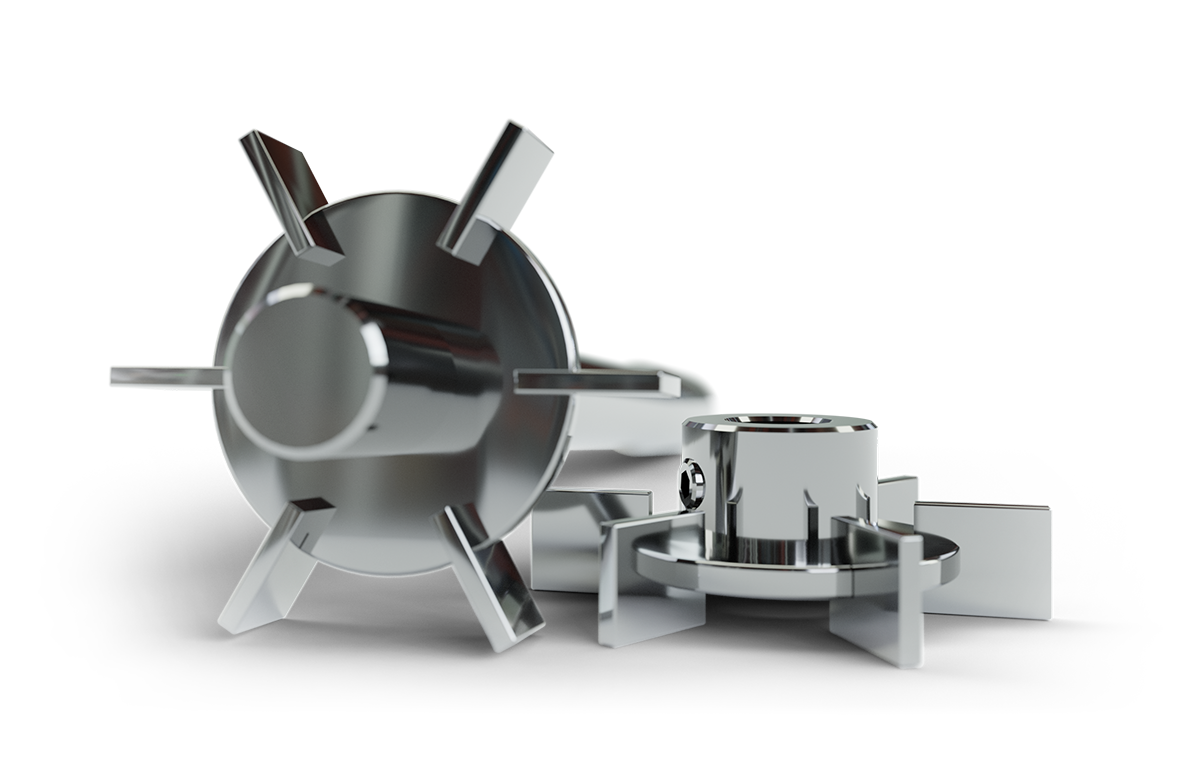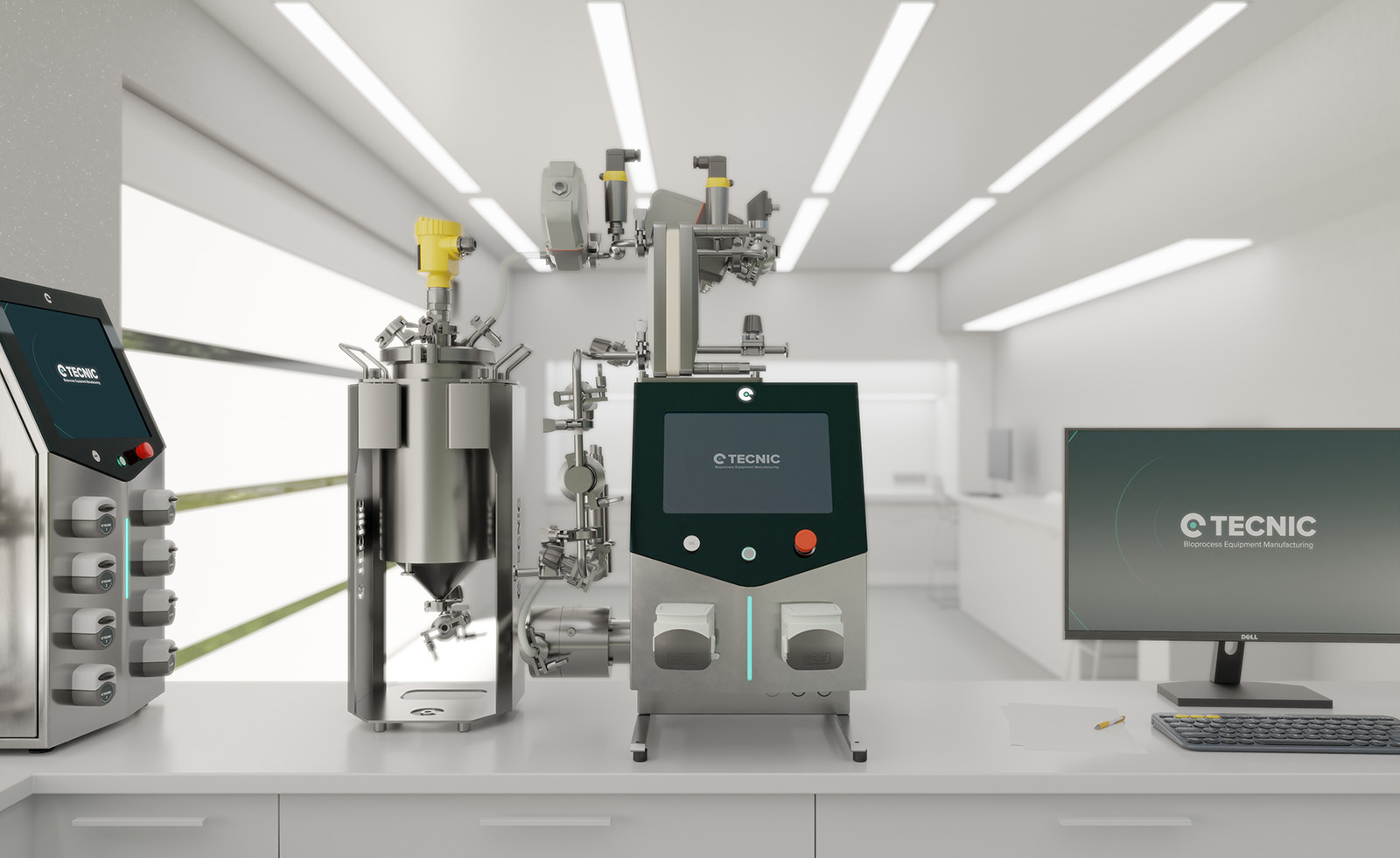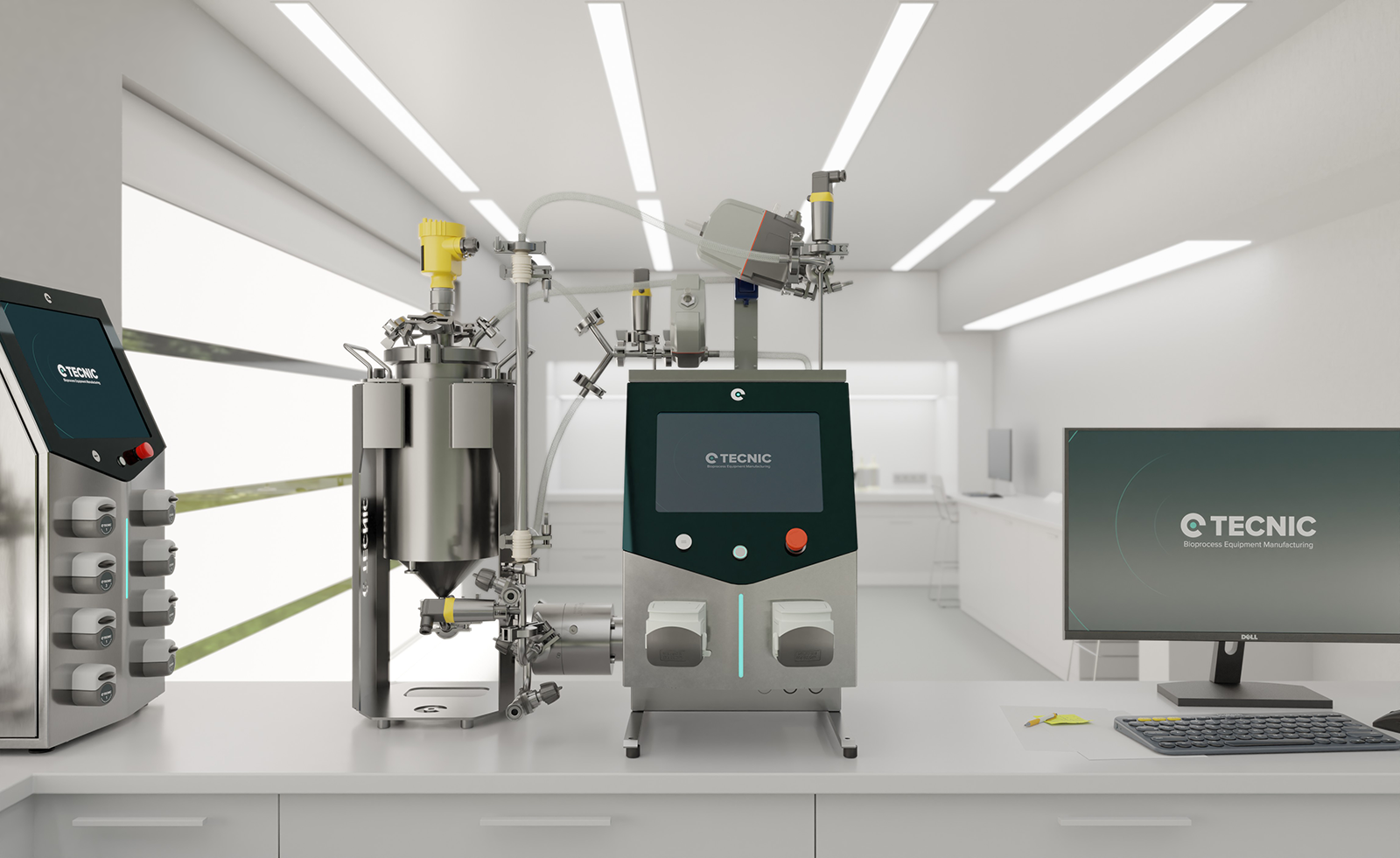A comprehensive exploration of biotechnology through biosimilars
Biosimilars are emerging as a pivotal category in biopharmaceuticals, offering alternatives nearly identical to FDA-approved biological products, known as reference biologics. These biosimilars are distinct from generic drugs; they replicate the therapeutic actions of original biologics in terms of safety, purity, and efficacy but may exhibit minor differences due to the nature of biological production. The development of subsequent entry biologic is a complex, highly specialized process involving biotechnological methods and living organisms. Rigorous regulatory standards, set by entities like the European Medicines Agency and the Food and Drug Administration, ensure biosimilars' quality, demanding thorough analytical, clinical testing, and manufacturing precision.
The impact of biosimilars is profound, especially in therapeutic areas like oncology and diabetes care, where they provide more affordable treatment options. For example, biosimilar monoclonal antibodies offer cost-effective cancer treatments, and subsequent entry biologic insulins provide economic relief in diabetes management. These advancements not only improve patient access to crucial medications but also reduce healthcare costs and stimulate market competition, driving innovation in the biotech industry. Despite challenges in market acceptance and manufacturing complexities, the future of biosimilars looks promising, with expectations of significant growth driven by patent expirations of major biologics and advancements in biotechnology. As follow-on biologic continue to evolve, they are poised to play a crucial role in modern medicine, offering sustainable and effective treatment options across various medical conditions.
What are biosimilars?
Biosimilars are a growing category of biopharmaceutical drugs, designed to be highly similar to an existing FDA-approved biological product, known as the reference product. These follow-on biologic are not generic drugs; instead, they are almost identical copies of an original biologic medicine whose patents have expired. The purpose of biosimilars is to replicate the reference product's therapeutic action, ensuring similar safety, purity, and potency. As cost-effective alternatives to often pricey biologics, biosimilars are crucial in expanding patient access to essential medicines.
The development of biosimilars is a highly specialized and complex process that involves biotechnological methods using living organisms. Unlike generic drugs, which are exact chemical copies of small-molecule drugs, subsequent entry biologic are similar to their reference biologic medicines but may have minor differences in clinically inactive components. These differences are due to the nature of biological production and do not affect the clinical efficacy or safety of the biosimilar. To ensure the highest quality, subsequent entry biologic development requires advanced analytical techniques, rigorous clinical trials, and manufacturing excellence. This is crucial as even slight variations in the manufacturing process can lead to significant changes in the biological product.
Biosimilars vs generics
Biosimilars are very similar but not identical versions of existing biological medicines, as they are derived from living organisms and their manufacture varies slightly. In contrast, generics are exact copies of non-biological medicines and are produced when the patent on the original product expires. The development of biosimilars is more complex and costly compared to generics due to the nature of their biological origin. This also affects their regulation and approval by health authorities.
Advancements and challenges in biosimilar development
The impact of biosimilars on biotech
Biosimilars represent a critical development in the field of biopharmaceuticals, balancing the need for innovation with the imperative of cost-effectiveness and patient accessibility. With ongoing advancements in biotechnology and the refinement of regulatory pathways, follow-on biologic are set to become an integral part of modern medicine, enhancing treatment options and improving patient outcomes in various therapeutic areas.
Explore our complete range of equipment
Our bioreactors are designed for diverse applications, ensuring efficiency and quality. Discover our full range of biotechnology solutions, including Bioreactors, Tangential Flow Filtration systems, and more. Visit our pages for Bioreactors ⇀, Tangential Flow Filtration ⇀, and Contact ⇀ for further information and inquiries.







